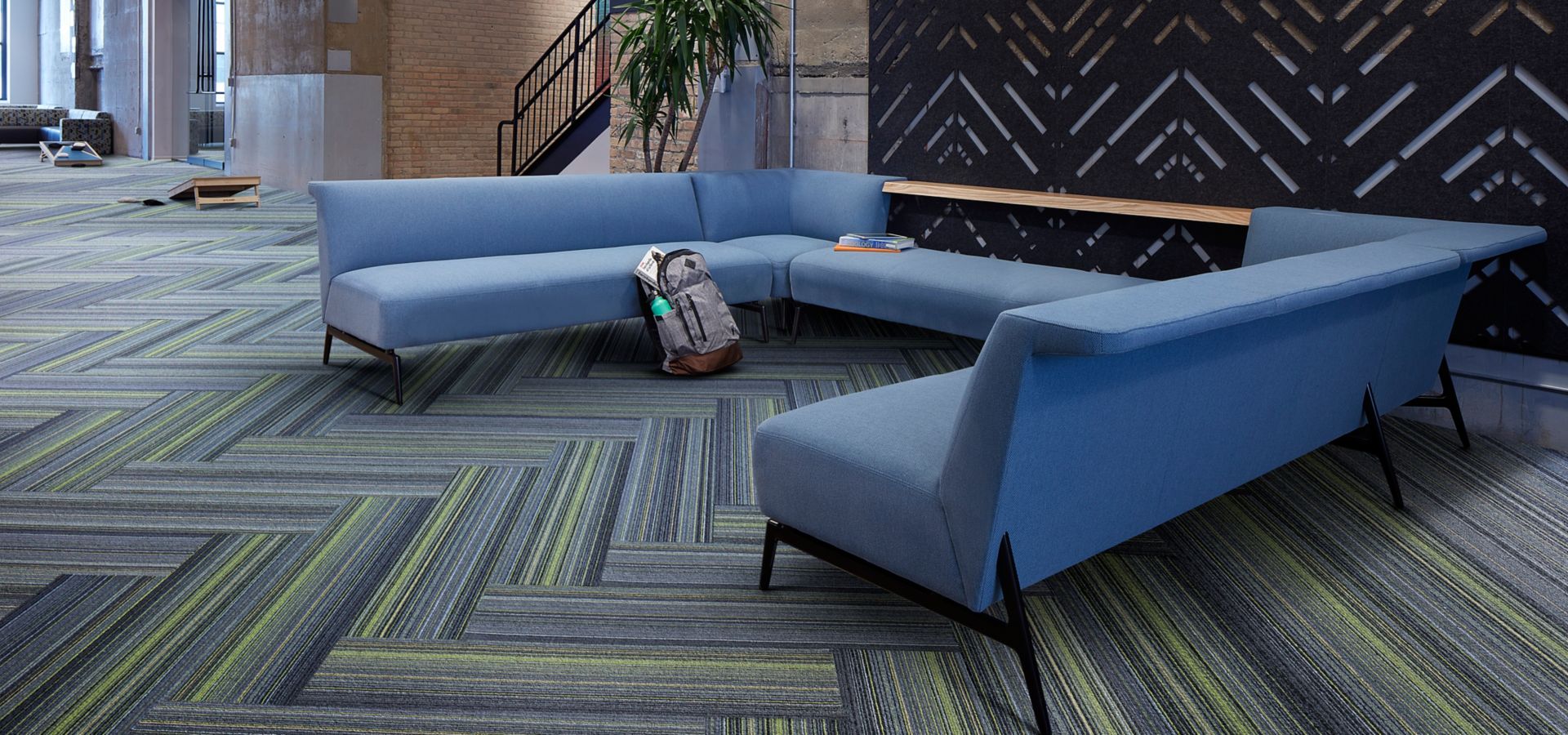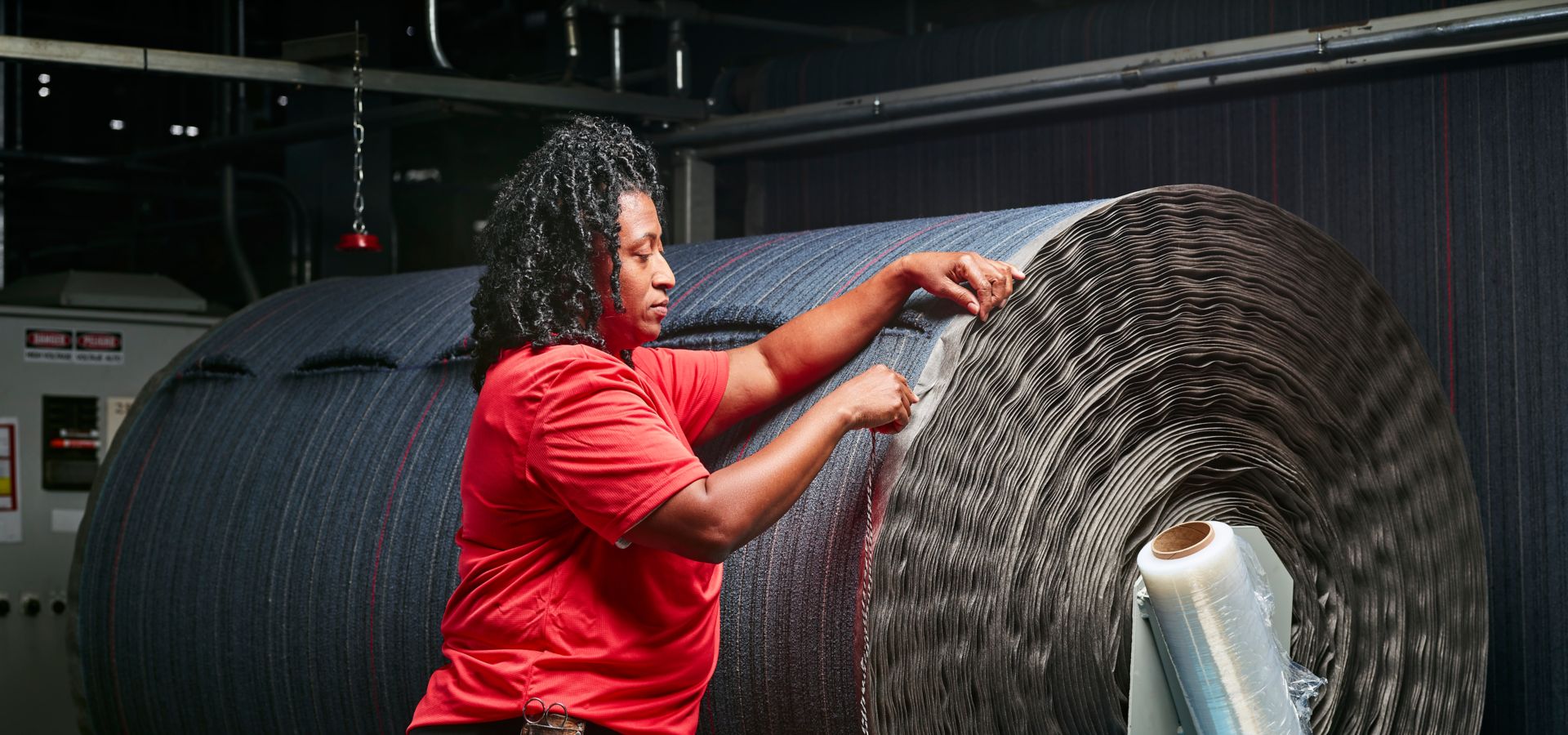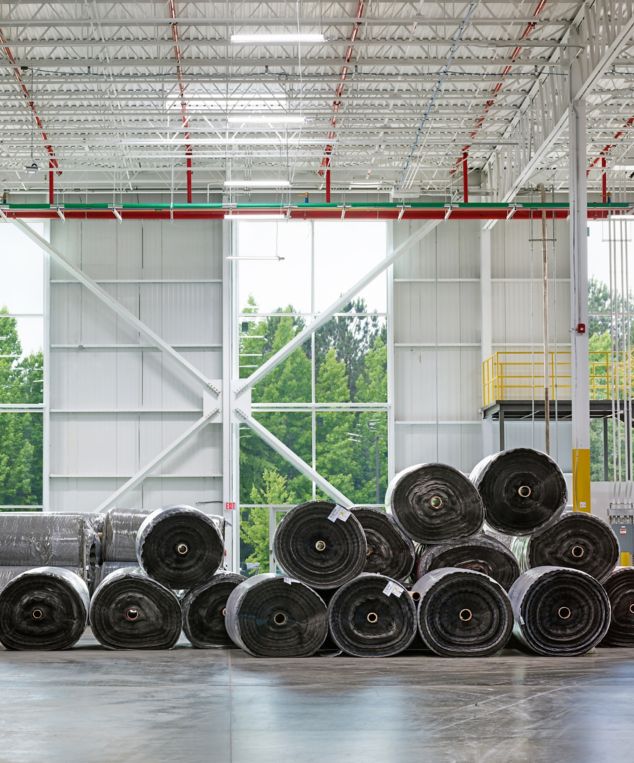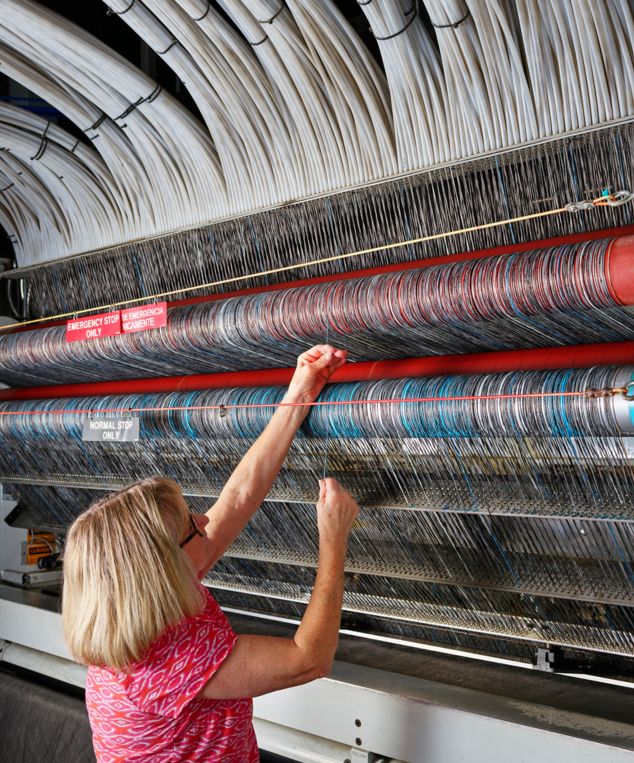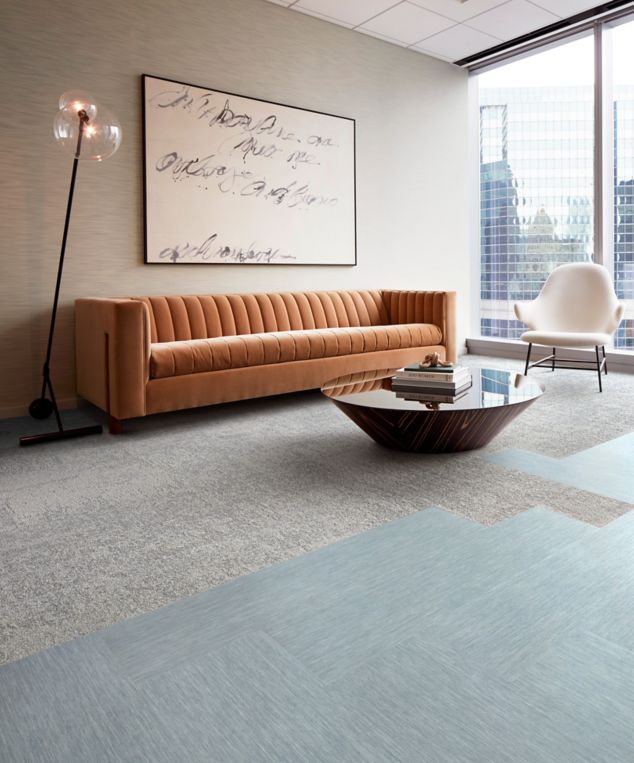YOU HAVE CLIMATE TARGETS



SO DO WE
together, we can
reach them
It’s going to take bold, relentless action from all of us to solve the climate crisis. That’s why we’re doing our part — to become carbon negative by 2040.
Yes, carbon’s the problem. But it’s also the solution. How do we know?
From 30 years of sustainability experience. And from the progress towards our 2030 science-based targets — we’re more than halfway there. By 2040, we’ll achieve it.
APPLYING OUR LEARNINGS
MEASURING OUR PROGRESS
QUANTIFYING OUR impact
We don’t merely talk the talk on sustainability—we walk the walk. Our carbon footprint reductions across our product portfolio don’t lie. And we’re transparent about our climate impacts in hopes of inspiring others.



CARBON REDUCTIONS TODAY
Our plan is simple. We will continue to avoid, reduce and store as much carbon as we can. And we will inspire others so that we can create a ripple effect for an even bigger positive impact.
Want more details? Check out our Climate Ambition Summary.
- Reimagine product development and manufacturing, focusing on raw materials
- Drive circularity across our product categories and global markets
Further reduce our carbon footprint through:
- Manufacturing and raw material innovations
- Increasing recycled content
- Engineering products to last longer
- Prioritizing energy efficiency and renewable energy sourcing
- Encouraging suppliers to produce low-carbon options
- Increase bio-based materials in all of our products
- Use more carbon-storing raw materials
- Collaborate with supply chain partners to address emissions from our raw materials
- Encourage customers to ask for transparency and action from vendors
- Motivate internal champions and future leaders within Interface
- Lead others while continuing to learn from sustainability trailblazers


CARBON NEGATIVE TOMORROW
Science-based targets by 2030. Carbon negative by 2040. That’s where we’re headed.
How will we get there? By doubling down on direct carbon reductions, not offsets, to meet the urgency of the climate crisis. And by repurposing former offset investments into projects that accelerate carbon reduction and storage.
MINIMIZING OUR IMPACT

REUSE & RECYCLE
Our carpet tiles are made to last and to be reused. And when that’s not possible, we can recycle them.

PRODUCT TRANSPARENCY
Validation from outside experts. It’s what helps us evaluate the entire product life cycle and reduce the impact of our flooring.

CIRCULAR BY DESIGN
Storing carbon in our products is only part of the solution. That’s why we design with the whole life cycle in mind.
